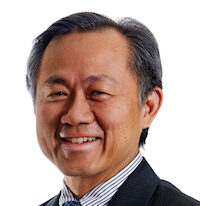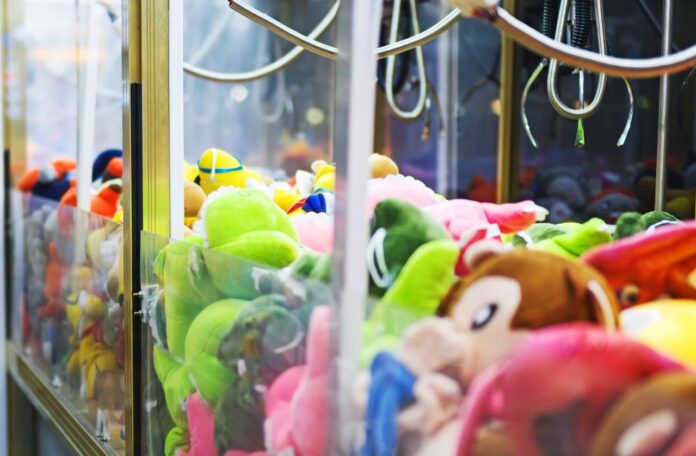Singapore’s Ministry of Home Affairs (MHA) is seeking feedback from the public on proposed amendments to the existing gambling legislation.

These amendments seek to address two trends in the gambling landscape. First, advancements in technology relating to the internet and mobile computing that have made gambling products more accessible.
Second, the blurring of boundaries between gambling and gaming and the introduction of gambling elements in products that are not traditionally perceived as gambling.
Currently, the definition of “gambling” differs across different pieces of gambling legislation in Singapore, depending on the gambling product.

The MHA proposes to broaden the definition of gambling to make it technology-neutral, so that it can cover existing and emerging gambling products. The MHA acknowledged that a wider definition may inadvertently cover products it has no intention of treating as gambling products, such as financial products already regulated by the Monetary Authority of Singapore through other legislation. To prevent this, the MHA stated that it will adopt the approach taken in other jurisdictions (e.g., United Kingdom, Australia, Switzerland, and Denmark) and carve out these products from the definition of gambling.
The MHA observed that mystery boxes are similar to lotteries, in particular those that promise high-value prizes that can easily be traded for cash. As the value of prizes increases, their potential to induce gambling behavior increases.
The MHA recognizes that such activities are considered a form of entertainment but has taken the view that safeguards need to be introduced to ensure that these activities do not induce gambling behavior and cause social problems.
To address the blurring boundaries between gambling and gaming, the MHA proposes to introduce a prize cap of $100 for mystery boxes, arcade games and claw machines. It is of the view that the cap will be sufficient to address the inducement effect of high-value prizes, without increasing the regulatory burden on operators.
Skin betting sites banned
The MHA observed that it is increasingly common for online and video games to incorporate in-game microtransactions (e.g., loot boxes) that can resemble gambling.
Currently, Singapore gaming laws and regulations do not consider games of chance with virtual prizes as gambling so long as there are no in-game monetisation facilities that allow players to exchange virtual prizes for real-world payouts (i.e., money, or items that can be exchanged for money). The MHA proposes to update existing laws and regulations to address virtual items that can be transferred out of the game, and potentially be exchanged for money or money’s worth on a third-party hosted exchange.
First, it proposes to introduce conditions to ensure that transferable virtual items are retained in the context of gameplay and entertainment, as intended by game developers. Online games of chance that allow players to use virtual items from other games as a form of stake on casino games or match outcomes, such as skin-betting sites, will not be allowed.
Second, it proposes to allow in-game monetisation facilities for free-to-play games subject to conditions similar to those imposed on currently-exempted business promotion lucky draws (which will remain exempted in the new legislation.
Rules relaxed for social gambling
The MHA is also proposing the relaxation of regulations in respect of social gambling.
The MHA recognizes that gambling among family and friends in homes is socially acceptable, and poses low law-and-order concerns. Hence, it proposes to exempt physical social gambling among family and friends, subject to conditions that safeguard against criminal exploitation. Social gambling among family and friends will be expressly permitted under legislation, subject to the satisfaction of certain criteria.
The MHA warned that strong enforcement action will be taken against syndicates which exploit the proposed exemption to conduct illegal gambling activities. Online social gambling among family and friends remains prohibited under the Remote Gambling Act due to enforcement difficulties.
Finally, the MHA proposes to rationalise penalties across various gambling legislation. The Remote Gambling Act currently provides for a three-tier penalty structure for illegal online gambling, with the highest penalties imposed on operators, followed by agents and then punters. The MHA proposes to apply this differentiated penalty structure across all forms of gambling activity, so as to ensure consistency between online and physical gambling activities.
Developing compliant games
Game developers and other stakeholders in the gaming industry may wish to consider whether any of the elements in the games that they develop, in particular the game’s in-game monetisation facilities and transferability of transferable virtual items, would run afoul of the proposed amendments to the law in their current proposed form, and to monitor the report that is expected to be issued by the MHA as well as any draft legislation to be advanced. In particular, it is expected that the MHA will provide further clarity and detail on the conditions proposed to be imposed on transferable virtual items and in-game monetisation facilities for free-to-play games.
The proposed exemption for social gambling represents a relaxation of Singapore’s prohibitive stance against gambling, other than in licensed land-based casinos or through exempted betting outlets and operators. It remains to be seen how the MHA intends to further define the conditions for social gambling, and whether it will introduce any presumptions or deeming provisions (e.g., whether there will be premotions as to what constitutes a “bona fide social relationship” among participants).
*Wai Ming Yap is a partner at Morgan, Lewis & Bockius LLP and is also the Managing Director at Morgan Lewis Stamford LLC, a Singapore law corporation affiliated with Morgan, Lewis & Bockius. Gina Ng is a senior associate.























